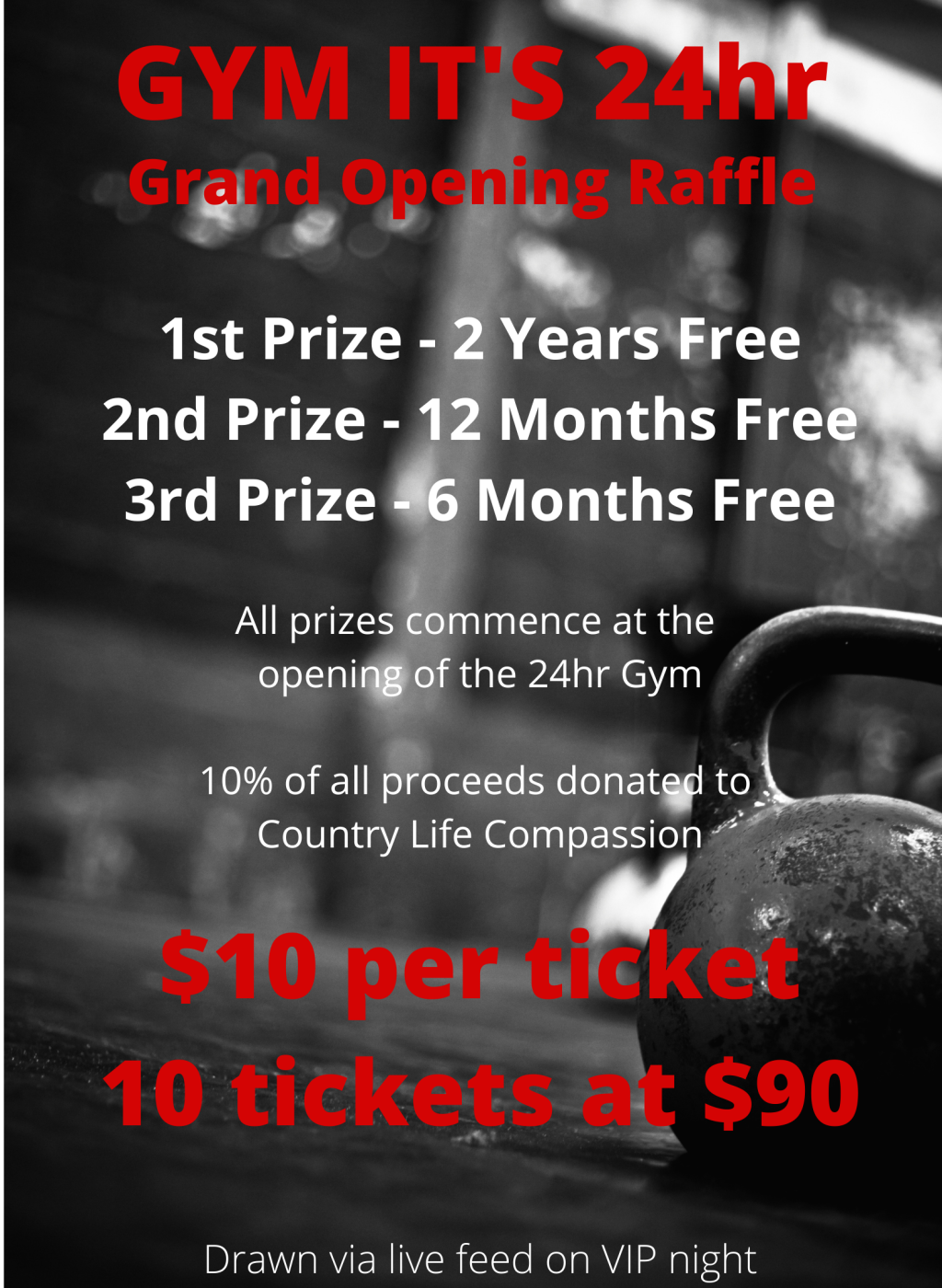Most people exercise because they want to look better.
Improving body composition (building muscle and shedding fat) is the only non-surgical way to improve body shape.
When it comes to protein the research shows clearly that the type, timing and quality of protein you consume every day can make a big difference to results from exercise training.
The base recommendation for daily protein intake is 0.8 grams per kg of body mass. For instance, a 68 kg person would consume around 54grams a day. However, this recommendation is only to prevent a deficiency in a person who does not train. It has nothing to do with optimizing health or results from exercise
When we are considering nutritional requirements needed to maximize results from training an individuals needs are very different to base level requirements.
Side note; When we refer to body weight, we are referring to lean mass not scale weight. If a person is obese an approximation on how much body fat they are carrying will need to be
subtracted from the total scale weight. An easy way to determine this is through an Evolt body scan.
Why is protein so important?
Of all the macronutrients, protein is the most effective at
promoting satiety— a feeling of satisfaction from eating less food. Protein-rich
meals also stabilize blood sugar levels to promote sustained energy and reduce
sugar cravings. These are two key components essential to fat loss.
Additionally, in comparison to carbs and fats, protein also promotes thermogenesis
(calories released as heat.) This means a higher degree of fat utilization and
less calories are stored as body fat. The bottom line is, a higher ratio of
protein in the diet builds a stronger, leaner, healthier body.

How much do we need?
As with so many things there is no one size fits all. Individual
goals, energy (calorie) intake and exercise intensity, duration and type, as
well as training history, gender and age all shape a person’s protein needs. A good place to start is a minimum of 1.2g
per kg of body weight. For most people they will find it difficult to reach that
amount of protein immediately and will need to strategically increase their
intake.
If your diet or deficit is due to a reduction in carbohydrates,
this means your body will source energy from elsewhere. The body will use the proteins/amino acids stored
in muscle tissue to create energy. If protein
consumption is not increased when carbohydrates are reduced the body will be in
a protein deficit which will result in muscle mass loss.
Increasing your training?
Any increase in exercise intensity or frequency also causes an increased need for protein. Any time you up the intensity or frequency of your exercise program, protein requirements will increase. Additionally, people who are unaccustomed to intense training will break down greater amounts of lean tissue. Therefore, the protein needs of a novice are probably even greater than that of an advanced trainer.
When we workout blood amino acid levels decline dramatically, even in athletes that consume a relatively high protein intake (double the basic recommendation). When blood amino acid levels drop, the muscle recovery process is diminished. This is why consuming a fast-acting protein source after a workout is important for promoting results from training.

Getting older is no reason to reduce protein intake
As we age, we lose the capacity to preserve muscle mass. Over the average adult lifespan each of us will lose 7kgs of muscle and pack on 15kgs of body fat. These changes in body composition set the stage for type-2 diabetes and heart disease. Ageing also appears to reduce the anabolic (muscle-building) response to exercise. However, when older adults consume a high protein diet, including supplements, they can restore this anabolic response similar to that seen in young adults. Clearly, the older you get, the more important protein intake becomes.
Another side note; As with everything, consistency is key in this process.
We mentioned that a minimum starting place for someone training should be around 1.2g per kg of body weight, but you can go up to around 3g per kg of body weight depending on individual requirements and situations.
I would not recommend taking yourself straight up to 3g per kg of body weight. All calorie and macronutrient increases should be done strategically giving the body time to adapt and respond as changes are made.
If you’re training hard and not seeing the results you expect from your training, perhaps take a look at how much protein you are or are not consuming. You just might be surprised.
Do you need help and guidance with your nutrition?
Gym It offers an online coaching platform that includes nutritional guidance and education. Guided by a qualified Sports Nutritionist we can help you achieve your health and fitness goals permanently.


